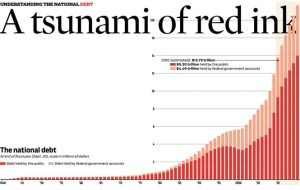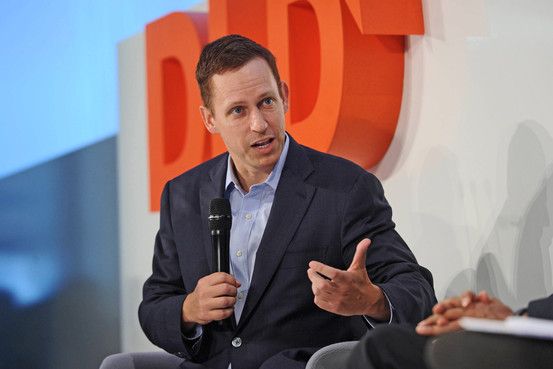Nov 3, 2015
The UK has just invested in a super plane that could fly anywhere in four hours
Posted by Shailesh Prasad in categories: finance, transportation
It almost sounds like a dream: a new kind of hypersonic space-kissing jet that can take you anywhere in the world in just four hours. But the Skylon super plane being developed by UK aerospace firm Reaction Engines is very real.
The project took a big step forward this week with Reaction Engines announcing a new partnership with defence and aerospace giant BAE Systems, whose financial backing, along with a considerable investment from the UK government, will help Reaction develop its new class of aerospace engine dubbed SABRE (Synergetic Air-Breathing Rocket Engine) by as early as 2020, with test flights possible just five years later.
It’s thanks to the SABRE engine that the Skylon could theoretically take you to the other side of the planet for lunch, before dropping you safely back home in time for dinner.

 Alas, I can not think of anything that puts such an oppressive and unfair burden into perspective, except to this:
Alas, I can not think of anything that puts such an oppressive and unfair burden into perspective, except to this:












